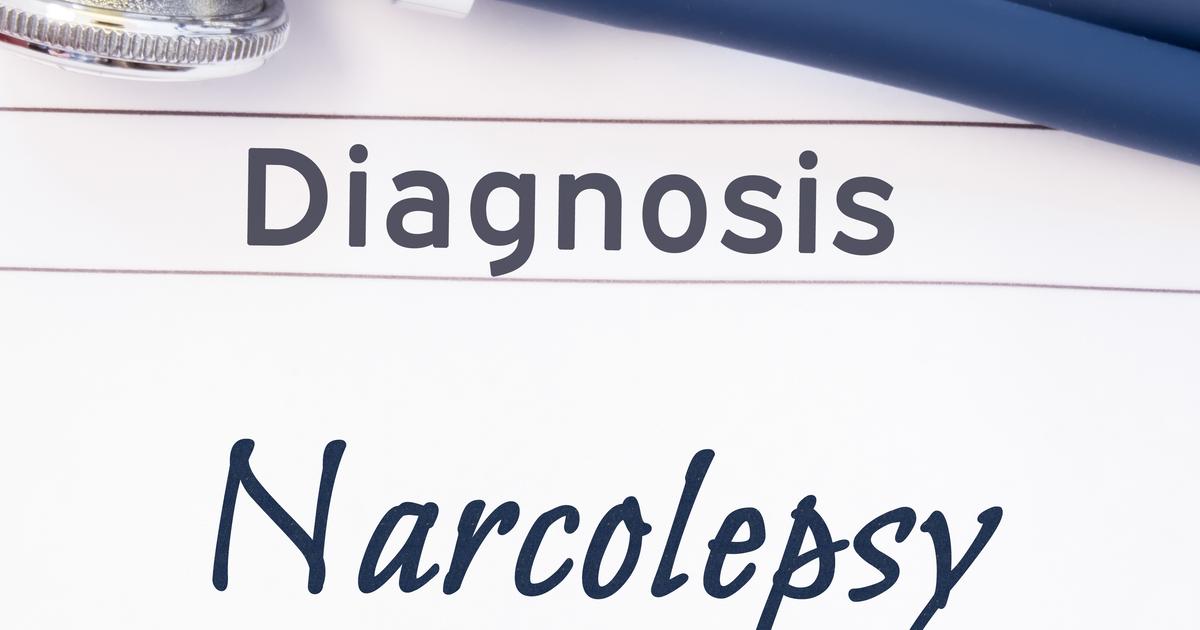Understanding Narcolepsy; Symptoms, Causes And Treatments
Narcolepsy is a chronic neurological sleeping disorder that affects the brain’s ability to regulate sleep-wake cycles. Patients who suffer from narcolepsy feel rested after waking up but may experience excessive daytime sleepiness. Typically individuals enter rapid eye movement (REM) sleep within ninety minutes, but patients who suffer from narcolepsy fall into REM sleep almost immediately into their sleep cycle, as well as periodically throughout the day.
Narcolepsy is usually diagnosed between the ages of fifteen and twenty-five but can be developed at any age. Narcolepsy affects approximately one in every two-thousand Americans and about three million worldwide. However, the condition is frequently misdiagnosed or undiagnosed, often going untreated. In a recent study, sixty percent of patients were misdiagnosed, with the most common misdiagnoses being depression, insomnia, and obstructive sleep apnea. It is estimated that only twenty-five percent of patients who have narcolepsy have been diagnosed and are receiving treatment. The average time from the onset of the symptoms to the diagnosis of narcolepsy is seven years.
Read about the forms of narcolepsy, the associated symptoms and causes, as well as how this condition is treated now.
What Are The Types Of Narcolepsy?

There are two types of narcolepsy: type one and type two. Type one narcolepsy, previously termed narcolepsy with cataplexy, was diagnosed based on the patient either having low levels of the brain hormone, orexin, or dealing with cataplexy and excessive daytime sleepiness. Type two narcolepsy was previously termed narcolepsy without cataplexy. Patients with type two narcolepsy experience excessive daytime sleepiness but usually do not have triggered muscle weakness. Their symptoms tend to be less severe, and have normal levels of orexin. There is also a condition known as secondary narcolepsy that can result from a head injury. Patients with secondary narcolepsy experience typical symptoms of narcolepsy, but may even have neurological problems and sleep for more than ten hours every night.
Get familiar with the major symptoms linked to narcolepsy now.